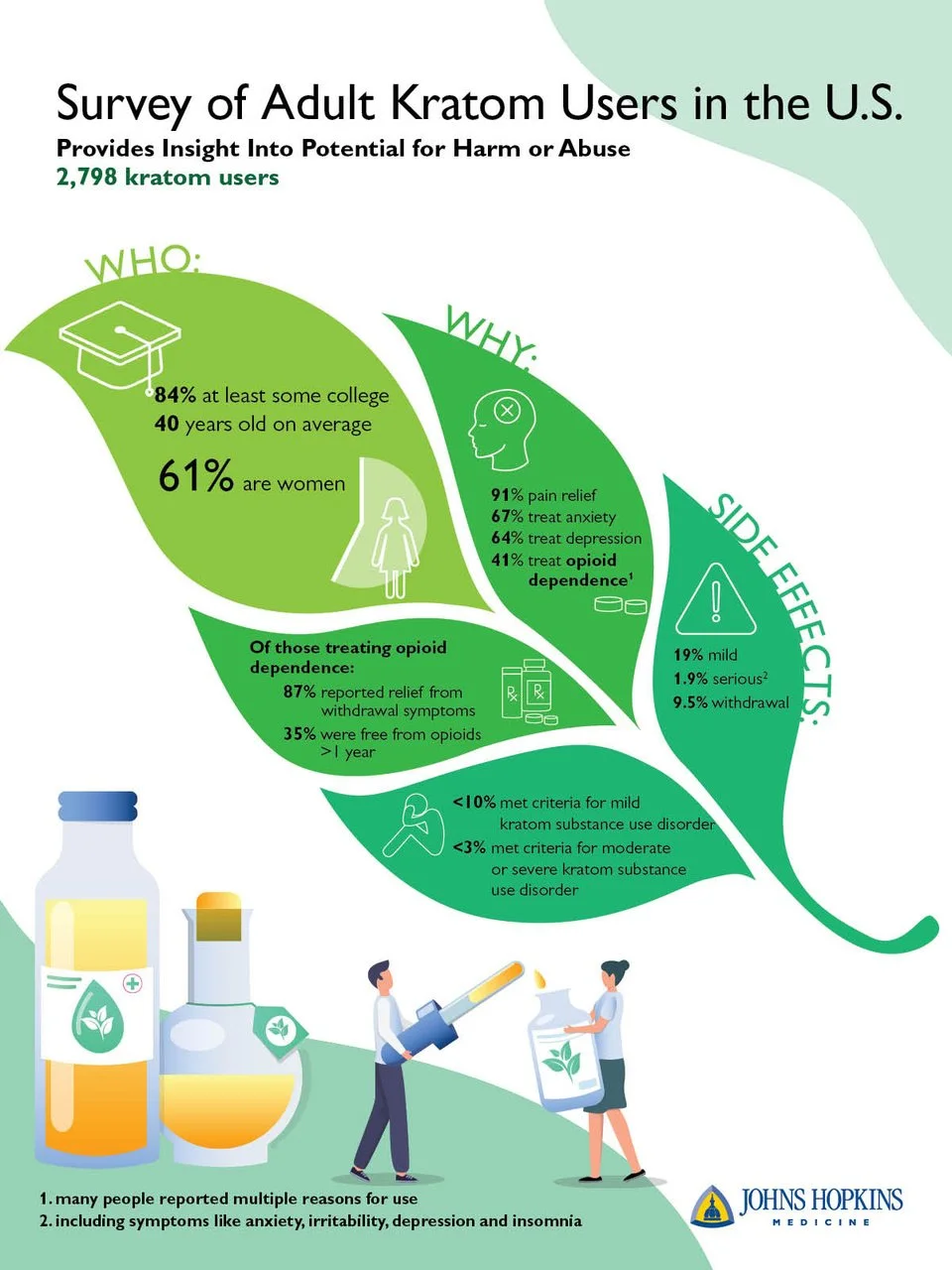The current report summarises the work performed in the context of the European Food Risk Assessment Fellowship Programme (EU-FORA), which included the evaluation of health risks associated with the consumption of botanical preparations of Mitragyna speciosa (kratom). Mitragyna speciosa is a tree native to Southeast Asia, where its leaves and preparations of the leaves have been used for centuries, among others, as a stimulant or as a traditional herbal medicine.
Kratom Health Science works to share the latest in kratom science and promote kratom consumer safety

